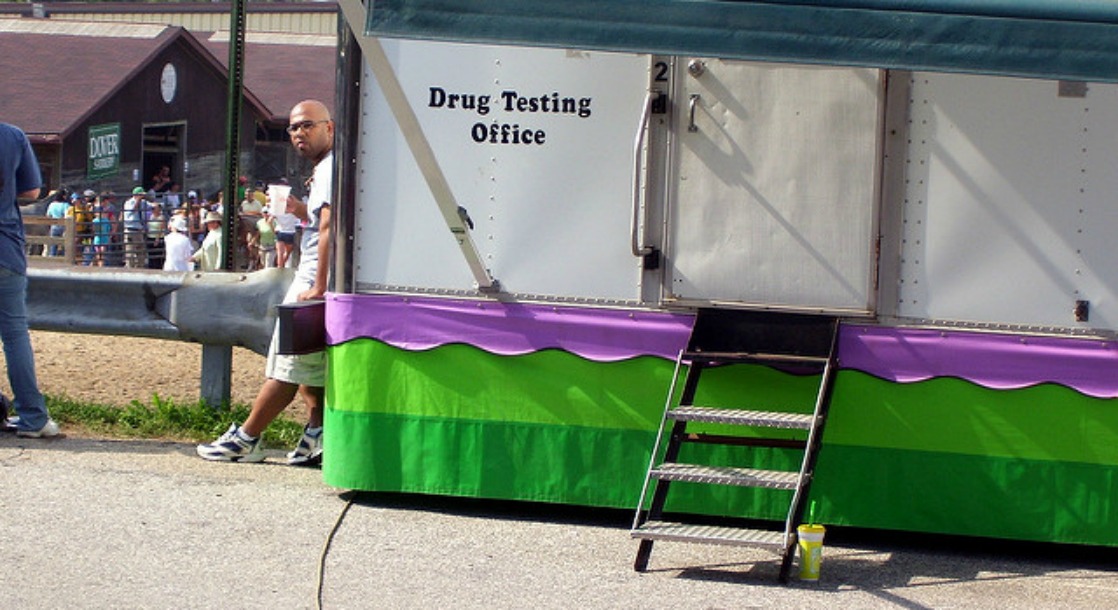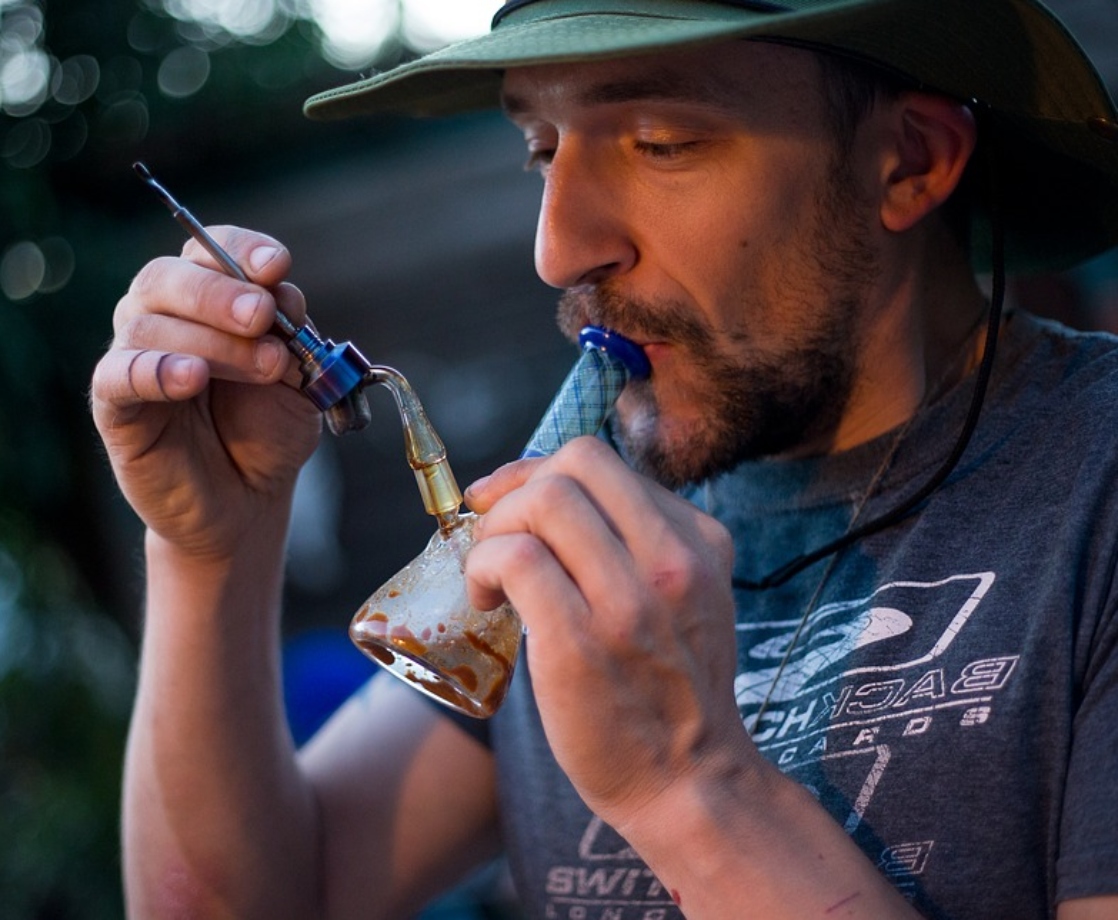An administrative law judge in El Paso, Texas came to the conclusion that, while marijuana is still illegal in the state of Texas, the state could not punish a teacher for testing positive for cannabis if it had been ingested in a state where recreational use is legal.
The case stemmed from Maryam Roland, a teacher in the same Texas town who ate a pot brownie while on vacation in Colorado in late 2014. When she returned to Texas and was given a drug test at the high school where she worked, Roland tested positive.
To punish her, the Texas Education Agency tried to suspend Roland’s teaching license for two years, and asked the State Office of Administrative Hearings to look into the case. And while Roland had already resigned from her job at Parkland High School, a suspension of her license would likely make it difficult to find another teaching job, even after serving the two-year suspension.
Thankfully, Roland shouldn’t have to deal with that possibility of being unable to find another teaching job after administrative judge William G. Newchurch said that suspending Roland’s license would, in the words of the New York Times, be akin to “taking action against someone who had gambled at a casino in Nevada and then returned to Texas, where gambling is illegal.”
You can read the entirety of Newchurch’s decision on the Austin-American Statesman where the judge said that Roland had not shown to be “unworthy to instruct” and that “possession of a usable quantity of marijuana is a criminal offense in Texas, but so is gambling,”
However, Roland isn’t entirely out of the woods just yet as Newchurch’s decision is more of a recommendation than a final decision. Lauren Callahan, a spokeswoman for the education agency told the New York Times that State Board for Education Certification would also have a say.
“I don’t think we have had this happen before,” Ms. Callahan told the Times. “Specifically with the marijuana use, we have not seen a case like this before in terms of an educator’s certification and whether or not the educator is sanctioned.”
Roland’s case is just one more example of how messy the distinctions and differences between states with recreational use, medical use, and staunch prohibition still are. Until cannabis is legalized on a federal level, we will continue running into these dangerous inconsistencies.











